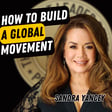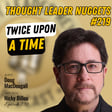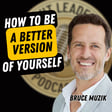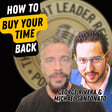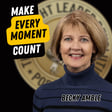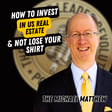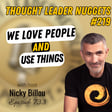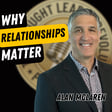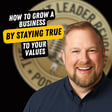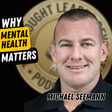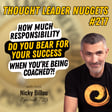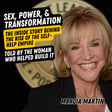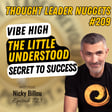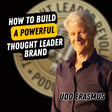
EP642: Bob Martin - Demystifying Meditation
“Curate your environment. Put things around you that make you happy. You have a responsibility to awe and beauty. Make sure that you experience those things in your life.”
Let’s face it: life’s chaos doesn’t come with a manual, but meditation might be the closest thing we have. In this episode, Bob Martin—former attorney, mob lawyer (yes, really), and now meditation advocate—shares his fascinating journey from the cocaine cowboy days of Miami to finding his zen as a meditation teacher. Bob reveals how Daoist principles not only transformed his personal life but also inspired a new approach to business and entrepreneurship. Whether you're running a company or just trying to run your own mind, this episode delivers insights, humor, and practical advice for balancing it all. Spoiler: meditation is like hitting the reset button on your brain.
Bob Martin is a former prosecutor, defense attorney, and meditation teacher who went from handling high-stakes legal cases to mastering the art of mindfulness. After studying under a 72nd-generation Daoist master, Bob turned his focus to helping others navigate life and business with clarity and calm. His work bridges the worlds of self-discovery and entrepreneurship, offering tools to thrive both personally and professionally.
Learn more and connect:
- A Wise and Happy Life (Bob’s website): https://www.awiseandhappylife.com
Visit https://www.ecircleacademy.comBlvd area and book a success call with Nicky to take your practice to the next level.
